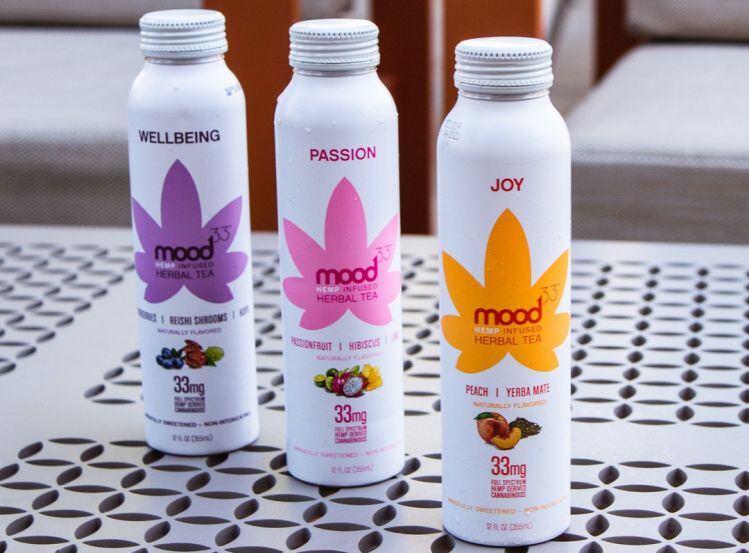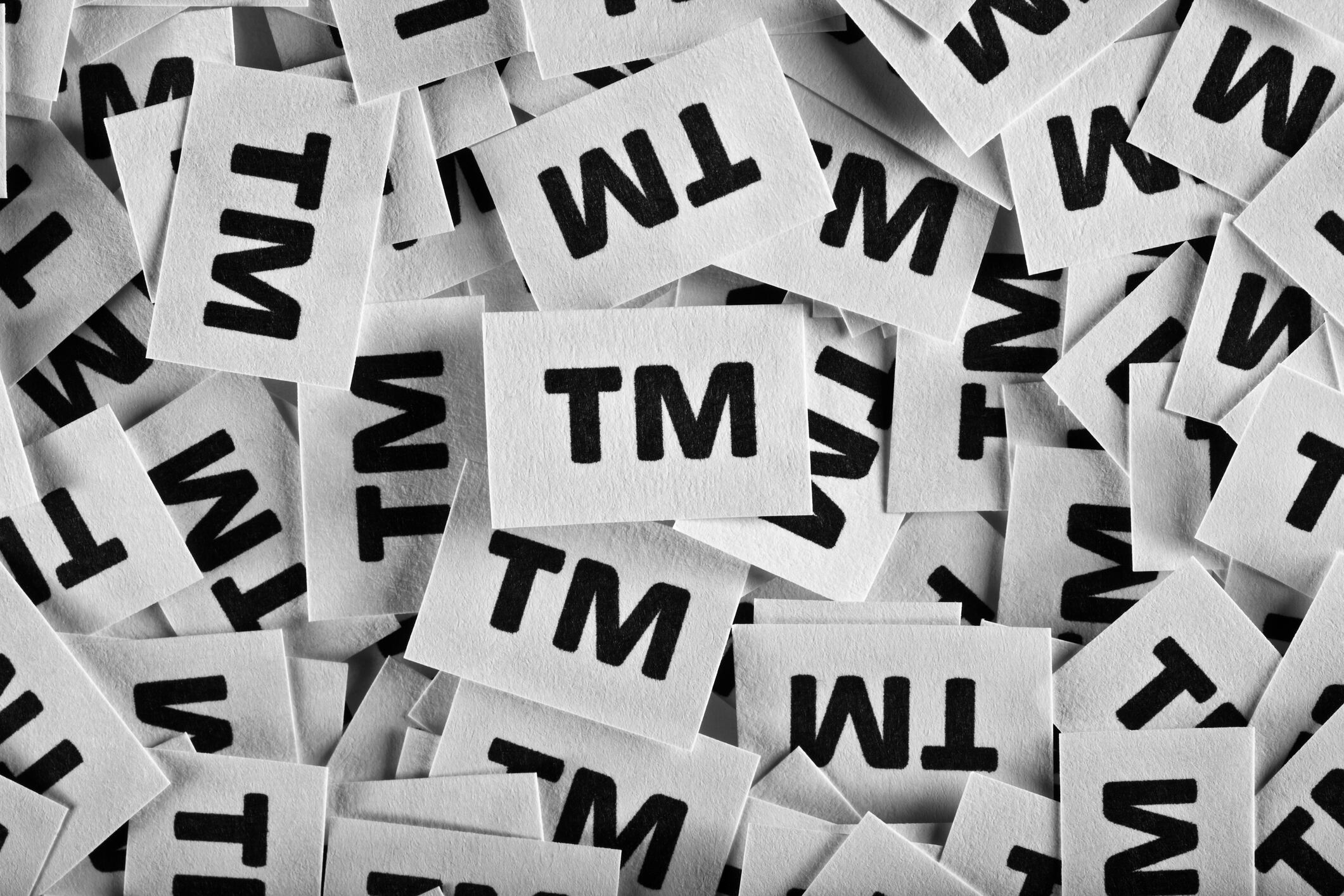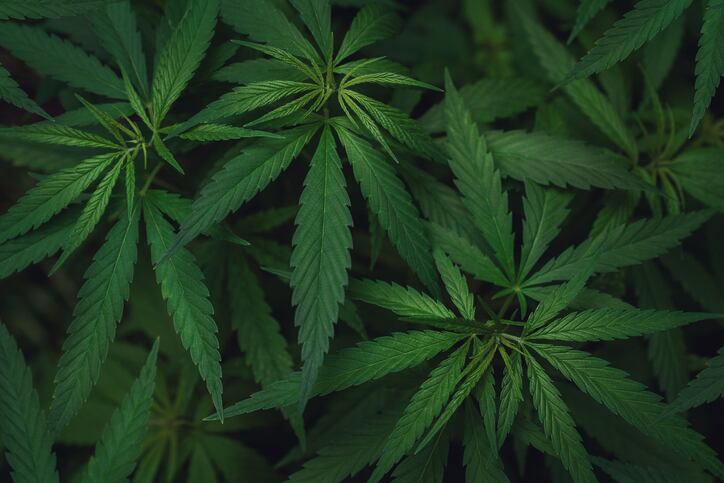The legislation resolves an impasse that began in 2018 when California aligned itself with the FDA’s position that CBD is not a legal dietary ingredient as it was first investigated as a drug.
You can read the text HERE, however, the devil will be in the detail, noted the US Hemp Roundtable in a summary of the legislation.
“There are a number of issues left open by the statute that may be resolved through the standard regulatory process, with a comprehensive opportunity for public notice and comment. Further, once the FDA acts to regulate hemp-derived CBD products, the state agency is then required to adopt new regulations to comply with the federal standards.”
According to AB 45:
- Non-intoxicating hemp-derived extracts such as CBD (but also other cannabinoids) are explicitly permitted for sale as dietary supplements and food and beverage ingredients.
- ‘Intoxicating’ cannabis products are not considered to be hemp, and must be sold through adult-use cannabis channels. (The definition of ‘intoxicating’ may be developed through the standard regulatory process, with the opportunity for public notice and comment.)
- Hemp products must contain less than 0.3% THC
- THC is defined as THC-A and any tetrahydrocannabinol, including Delta 8*, 9, and 10, however derived, although California’s Department of Public Health can exclude one or more isomers of THC through regulation if they are determined to be non-intoxicating.
- Hemp must be tested in raw extract final form before being incorporated into a product by an independent testing lab, and must not exceed 0.3% total THC. It must also be tested for contaminants.
- California’s Department of Public Health can, through regulation, determine serving sizes, cannabinoid concentration per serving size, the number of servings per container, and other requirements for foods and beverages. The law also requires food and beverages to be prepackaged and shelf stable.
- California’s Department of Public Health may impose an age requirement on hemp products.
- Products labels will need to feature a barcode, website, or QR code linked to the certificate of analysis of the final form product batch by an independent testing lab and must reference, among other things, the concentration of cannabinoids present in the batch.
VYBES: 'Retailers have already reached out to us since Newsom signed AB 45 into law...'
So how have CPG brands responded to the news?
Jonathan Eppers, founder and CEO of VYBES, which sells CBD-infused beverages and elixirs, said AB 45 represented a significant step forward for CBD brands given the size of the addressable market in California: “For the past three years, health inspectors across the state have targeted our CBD beverages and made retailers remove them from their shelves. Many retailers in California who wanted to carry VYBES decided not to, out of fear they'd get in trouble.
“We expect a lot of these retailers, some who have already reached out to us since Newsom signed AB 45 into law yesterday, to finally stock VYBES now that it's clear CBD is legal in California.
“The old saying is ‘How California goes, so goes the nation’ and while many states across the US already have CBD laws in place, I think it sends a clear message that CBD is here, it's not going anywhere, and consumers finally have access to safe and effective CBD products. It's a very exciting time to be in this business.”
Caliper Foods: 'Banks, investors, insurers, brokers, distributors, retailers, advertisers -- they're looking for federal certainty, not state certainty'
Justin Singer, founder and CEO at Caliper Foods, also welcomed the news, although having a patchwork of state laws is far from ideal, he said.
"On the one hand, California has done what FDA should have done three years ago: it's admitted that CBD products are in wide distribution and, and it's recognized that products in wide distribution require clear regulation and enforcement to protect consumers from fraud or physical harm."
On the other hand, he said, "Righteous though AB 45 may be, the only way to solve the CBD problem is for FDA to act like the consumer protection agency most Americans, wrongly, assume it is. Remember, most of the vendors needed to successfully bring products to market operate nationally. Banks, payment processors, investors, insurers, brokers, distributors, retailers, advertisers -- they're looking for federal certainty, not state certainty."
Mood33: 'This is a major milestone for our industry and especially the smaller brands like ours'
Eric Schnell, co-founder at hemp-infused beverage brand mood33 said passage of AB 45 was "a major milestone for our industry and especially the smaller brands like ours that need this in order to expand distribution into larger mainstream retailers.
He added: "There is a lot of product in market that is not properly tested, and having regulations in place helps ensure consumers are getting what they pay for. With some of these large states putting in local regulations, we hope it inspires the FDA to look at this on a national basis to establish rules and regulations around CBD."
US Hemp Roundtable: ‘There still is much work to be done…’
Jonathan Miller, general counsel for the industry-backed US Hemp Roundtable (which counts among its members beverage brands such as Recess and VYBES and supplement brands including Charlotte’s Web and CV Sciences) told us: "We are thrilled that AB 45 is now official California law – the era of CBD prohibition in the Golden State is over.
“The past three and a half years have been difficult for California hemp farmers and businesses given state agency guidance arguing that CBD products are illegal. Now not only has this barrier been removed, but strong consumer protections will be put in place through regulation."
But he added: “There still is much work to be done to ensure these regulations are appropriate and fair, and we look forward to working with the Newsom Administration to make California’s program a model for the nation.”
Greg Kaufman: Serving sizes still TBD
Greg Kaufman, partner at law firm Eversheds Sutherland, added: "Overall, AB 45 is a victory for hemp-derived cannabinoid product manufacturers and consumers in California looking for consistent and safe ingestible products. Because of the size of the California market, standards set there are likely to be informally adopted by the hemp-derived products industry outside of the state."
That said, those currently "taking advantage of the regulatory uncertainty" surrounding Delta-8 THC* will not like its inclusion in the definition of THC or comparable cannabinoid, he said.
"The two biggest questions left to be answered are determinations on serving sizes and the extent to which future federal regulation of cannabinoids in foods and as dietary supplements clashes with California’s regulations," said Kaufman, who predicted that "FDA will eventually regulate CBD, and potentially other cannabinoids, as a dietary supplement; however, there is no guarantee that it will go as far as California has with AB 45.
"This sets up a potential clash between federal and state regulations where interstate commerce is implicated. It may also lead to continued class action cases being brought under the theory that consumers were buying products without knowing that the products they were buying were illegal under federal law."
Navigating the CBD regulatory minefield
While individual state laws explicitly authorizing the sale of ingestible CBD are better than nothing, many food and beverage brands say that on a federal level, they remain stuck in legal limbo.
Right now, for example, most major retailers will not carry CBD-infused food & beverages until the FDA lays out a regulatory framework for these products. The FDA, meanwhile, says CBD not a legal dietary ingredient because it was first investigated as a drug, but has not engaged in widespread enforcement action beyond sending out warning letters to firms making egregious health claims.
Aside from the challenges this uncertainty brings for CBD brands dealing with banks, payment processors, insurers and so on, there are also IP implications, with the US Patent and Trademark Office's Trademark Trial and Appeal Board recently affirming that until federal law changes – and regardless of whether the law is anticipated to change – ingestible CBD products are unlawful, and cannot therefore be covered by a trademark.
NDI hopes dashed
Hopes that the FDA might entertain new dietary ingredient (NDI) notifications for ingestible CBD ingredients, meanwhile, were recently dashed after the agency rejected NDI applications from two high-profile players in the supplements arena - Charlotte's Web and Irwin Naturals - arguing that the CBD in their hemp extracts is not a legal dietary ingredient as CBD was first investigated as a drug.
In letters to the applicants, the FDA also noted that both NDINs failed to demonstrate the extracts met the "reasonably expected to be safe under the conditions of use" standards set out under the Dietary Supplement Health and Education Act (DSHEA) and failed to provide adequate data regarding hepatotoxicity and reproductive toxicity.
'We are very hopeful that legislation will pass in U.S. Congress to lift regulatory uncertainty on a national level'
All eyes therefore, are now on Congress, said Miller at the US Hemp Roundtable: “We are very hopeful that legislation will pass in U.S. Congress to lift regulatory uncertainty on a national level – we expect a hearing soon in the House Energy & Commerce Committee to discuss HR 841 [the Hemp and Hemp-Derived CBD Consumer Protection and Market Stabilization Act of 2021], which would have CBD regulated as a dietary supplement.
"But until then, we have to count on states like California to take the lead.”
* While delta-8 THC does not have the same intoxicating power as its better-known sibling delta-9 THC, it still has some, claims the US Hemp Roundtable, which says that any intoxicating constituents of the plant, including delta-8 THC, should be restricted to medical and recreation cannabis channels.
More reactions to follow...




